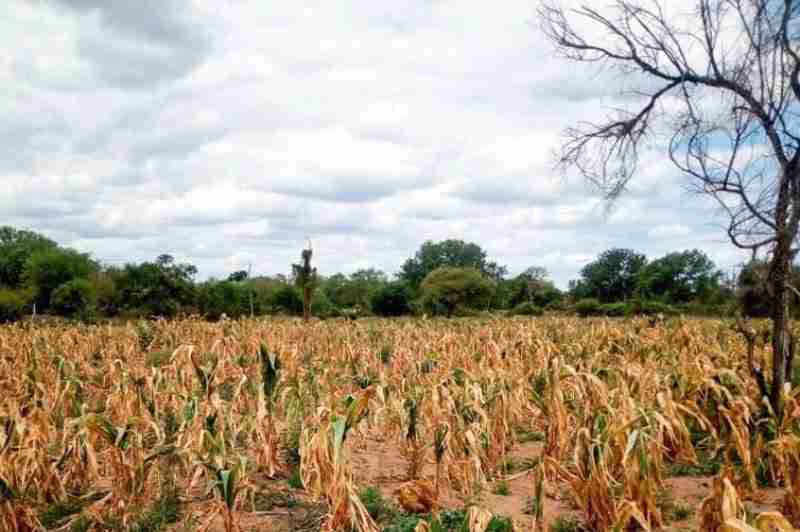There’s a common warning about our planet’s future: the risk of food shortages.
“We’ve got a growing world and a hungry world. We need to make sure we do our part in helping feed that hungry world,” said Kip Tom, a farmer from Indiana who’s currently the U.S. ambassador to the UN’s Food and Agriculture Organization, as he closed a panel discussion in 2018.
“That is totally the mantra,” says Catherine Kling, an economist at Cornell University. “I’ll bet I’ve been to 50 talks in the last five, 10 years where the beginning is, ‘We have to feed 9 billion people by 2050. This is a crisis situation.’ The word ‘crisis’ gets used regularly.”
But, in fact, the long-term trend, for more than a century, has been toward ever more abundant food, and declining prices.
…
It’s true, of course, that millions of people in the world are hungry or malnourished. But …. the main reason is that people lack the money to buy food, or because of war and political oppression. Reducing hunger requires addressing poverty and conflict, not just growing more food.
…
For the next few decades, though, the trends point toward continuing abundance. Farmers keep finding ways to grow more food on the same amount of land. Population growth, which is the major factor driving the increase in demand for food, is now slowing down.



































